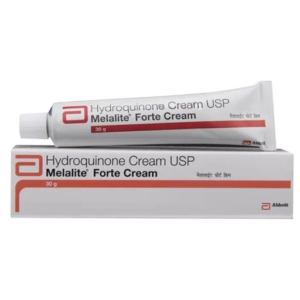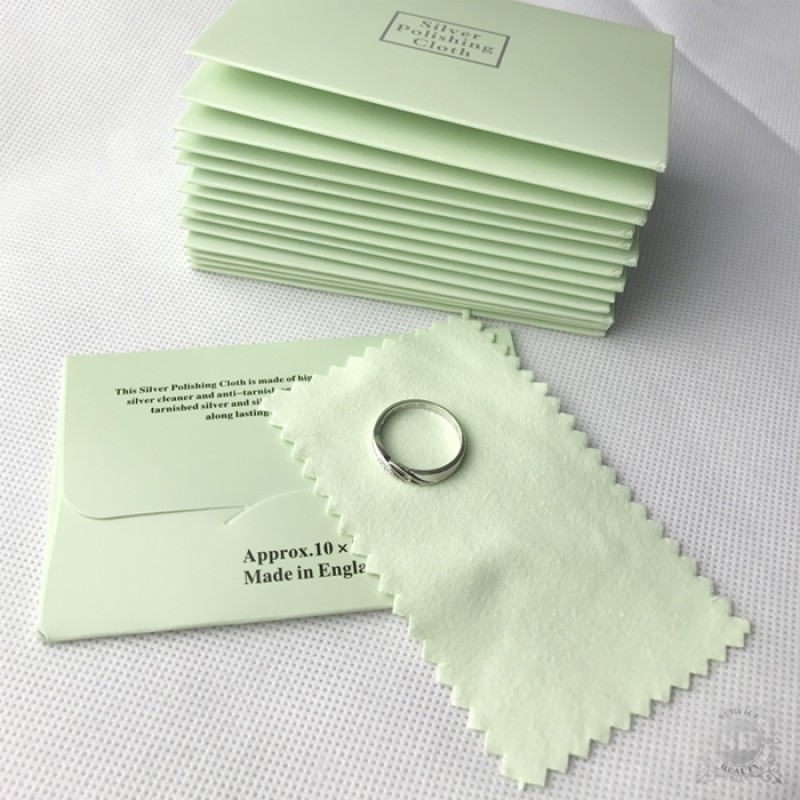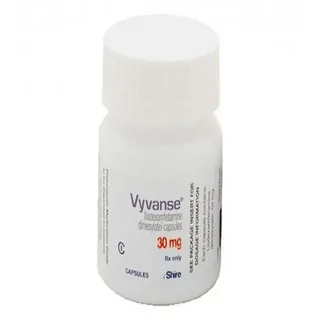Tretinoin is a form of vitamin A that helps your skin renew itself. It also reduces fine wrinkles and mottled skin discoloration. It’s important to wash your hands well before and after applying this medication.
The recommended starting potency is 0.05%. It may take 8-12 weeks to see improvement. Avoid using this medication on cut, scraped, sunburned, or irritated skin.
How to Use
Tretinoin is a topical medicine that helps decrease acne breakouts and promotes healing of pimples that do appear. It also helps reduce the appearance of fine lines and wrinkles. It’s important to work with a doctor or dermatologist on finding the right strength and concentration of tretinoin for your specific skin sensitivity and acne issues.
It can take several months to “dial in” the best tretinoin for your needs. When you’re ready to start using tretinoin gel, apply it at night after washing your face with a mild non-irritating cleanser. Then, gently dry your face with a towel, being careful not to rub.
The tretinoin in this medication is delivered via a microsponge that has pores smaller than bacteria, which can reduce irritation. It’s also available in different concentrations, but all strengths require a prescription from your health care provider.
Side Effects
Many people use retinoids in over-the-counter cosmetics and skincare products to minimize fine lines and wrinkles. However, topical tretinoin is more powerful and only available by prescription. It can reduce the number and severity of acne pimples, decrease redness from inflammation and promote quick healing. It is also used to treat skin damaged by UV rays and to decrease the appearance of age spots.
Using tretinoin can cause minor side effects such as dryness, peeling and itching. These usually disappear with continued use. Other side effects, like blisters or discoloration of the skin, are uncommon and should be reported to your doctor right away.
It’s important to tell your doctor if you’re taking other medications, especially any that can affect the way your body absorbs or processes medication (including vitamins and herbal supplements). Your doctor may need to change the dose or prescribe a different drug. It’s also important to avoid sun exposure while you’re using tretinoin.
Precautions
While using this medication, avoid excessive sun exposure (especially if you are a fair-skinned person) and use sunscreen. This medication can make your skin more sensitive to sunlight. Also, do not use other topical treatments such as benzoyl peroxide or dandruff shampoos with sulfur or resorcinol on the same area you are treating with this medication. You should also avoid waxing, plucking, electrolysis or other hair removal methods on the treated area until after you have used tretinoin for a few weeks.
This medication should not be applied to the corners of your mouth, nose or eyes as it may irritate these areas. Also, it should not be used on damaged or irritated skin (for example, eczema). If this medication gets into your eyes, flush with large amounts of water.
This medication should not be used by pregnant women or those who plan to become pregnant. There are no controlled studies on this drug’s safety during pregnancy. If you become pregnant while taking this medication, contact your doctor right away.
Dosage
Whether or not a retinoid is right for you depends on your skin type and the reasons you want to use it. Physicians typically recommend starting with a low potency and working your way up, as different skin types respond at different rates. For example, if you are new to tretinoin, Obagi’s micronized tretinoin gel 0.05% may be your best option because it is time released, which makes it gentler on the skin.
Tretinoin enhances and boosts natural skin renewal in several ways, including increasing your body’s production of collagen, decreasing fine lines and wrinkles, and thickening the outer layer of the skin to reduce sun damage. It also promotes cell turnover, which means that old cells are shed and replaced by fresh ones. This can cause a lot of skin flaking in the first few weeks, but is essential for clear and healthy skin. Be sure to apply a broad-spectrum sunscreen and a wide-brimmed hat when using this medicine to avoid direct sunlight exposure. tretinoin gel




